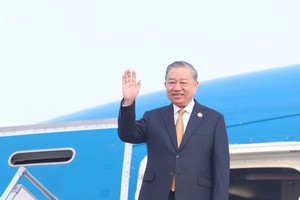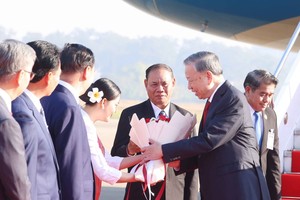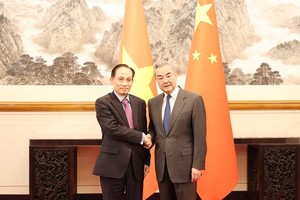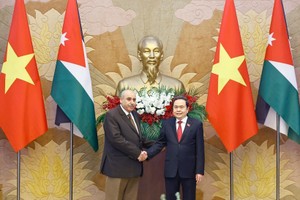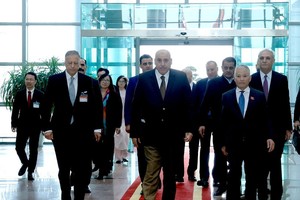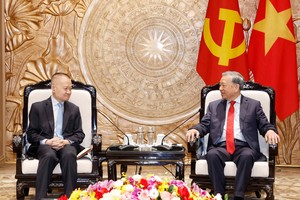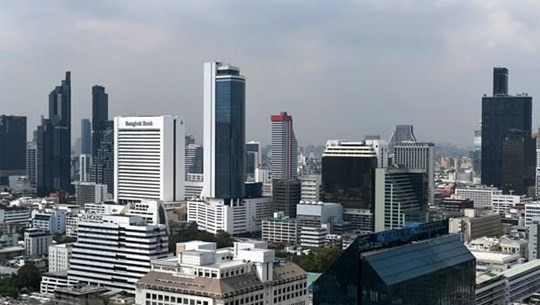
Auramon Supthaweethum, Director-General of the Trade Negotiations Department (TND), said the joint study by the TND and the Institute of Future Studies for Development (IFD) found that an EU-Thailand FTA is expected to help raise exports by 3.43 percent, imports by 3.42 percent and investment by 2.74 percent a year.
Other economic figures such as household consumption and public welfare would also benefit from the deal, she said.
Thai products expected to reap benefits from the pact, if implemented, include automobiles and parts, garments, electronics, chemicals, rubber, plastics, food and processed food products, machinery and parts, construction, and leather products.
Thai products likely to feel the pinch from the FTA include sugar, vegetables, fruits and beans.
According to Auramon, there are further concerns about the pact's treatment of alcoholic drinks and medicine and plant varieties.
The EU is Thailand's fourth-largest trading partner in the world and the fourth-biggest investor in the Southeast Asian country.
Bilateral trade between Thailand and the EU totalled US$47.3 billion in 2018, accounting for 9.4 percent of Thailand's trade with the global market. The figure was up 6.5 percent from the year before.





